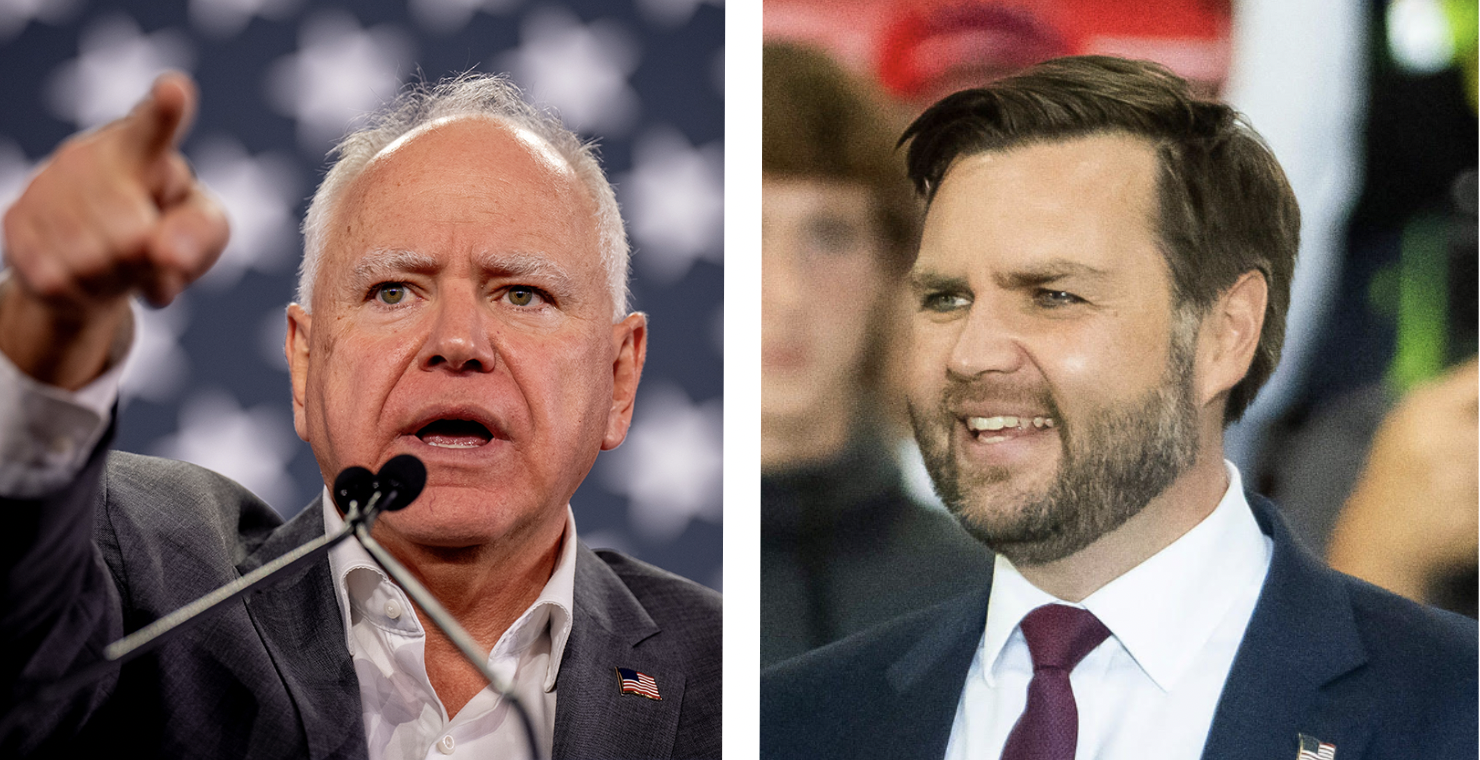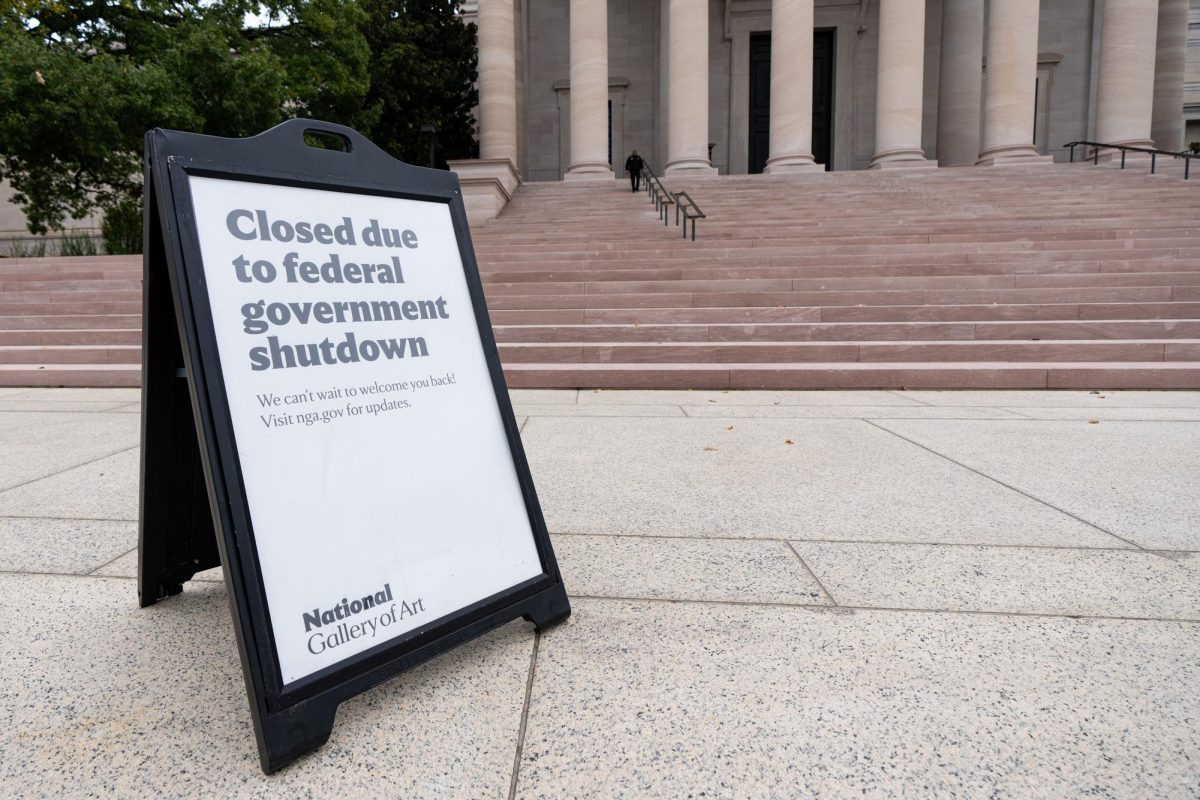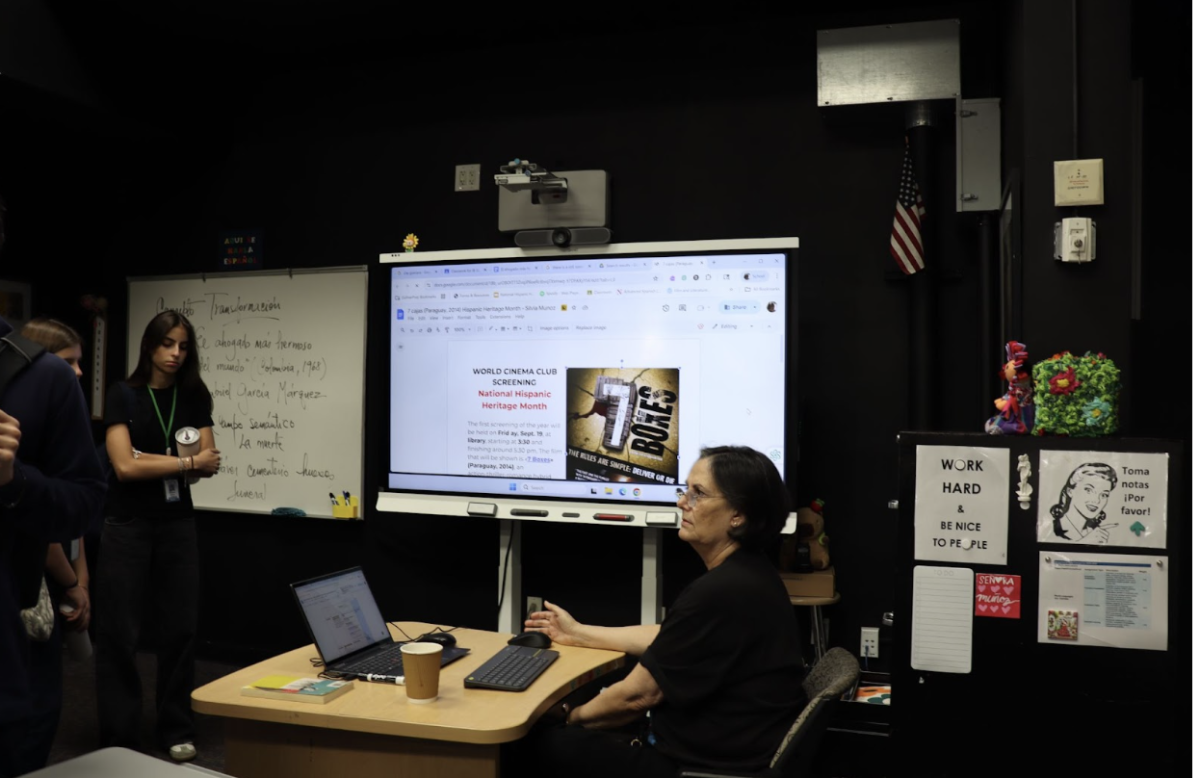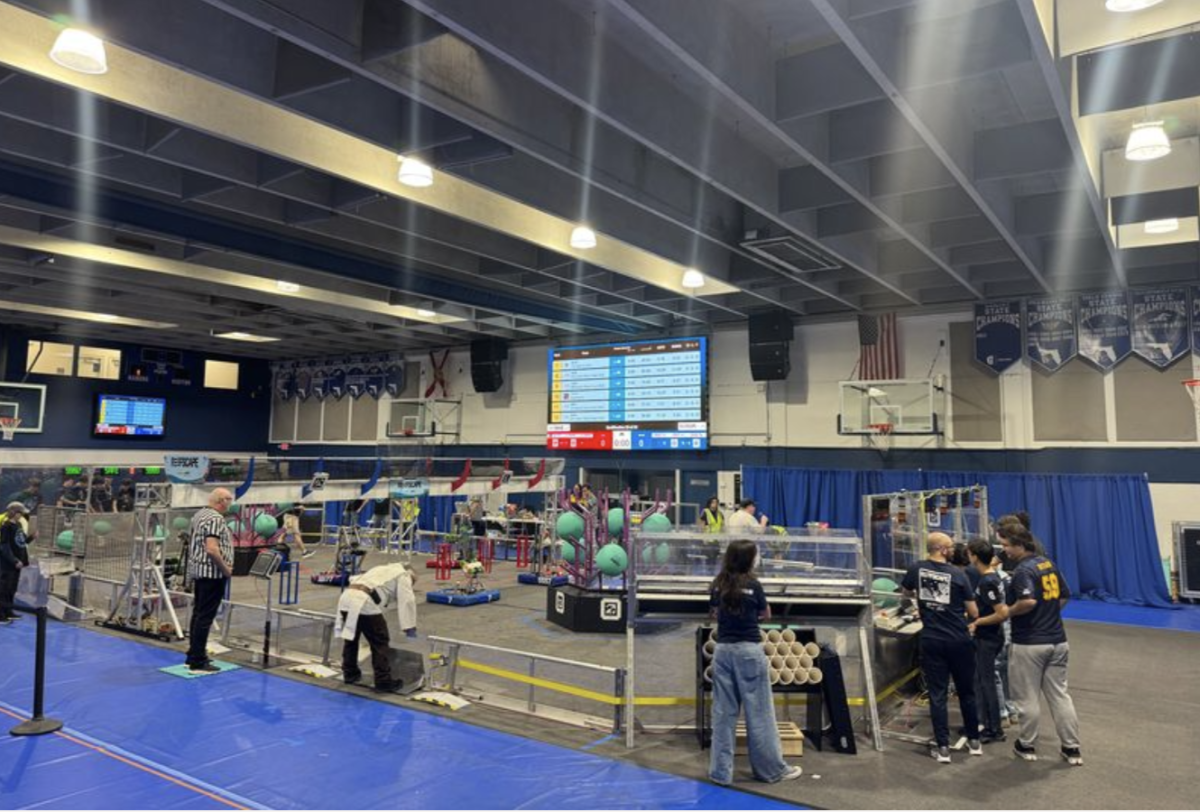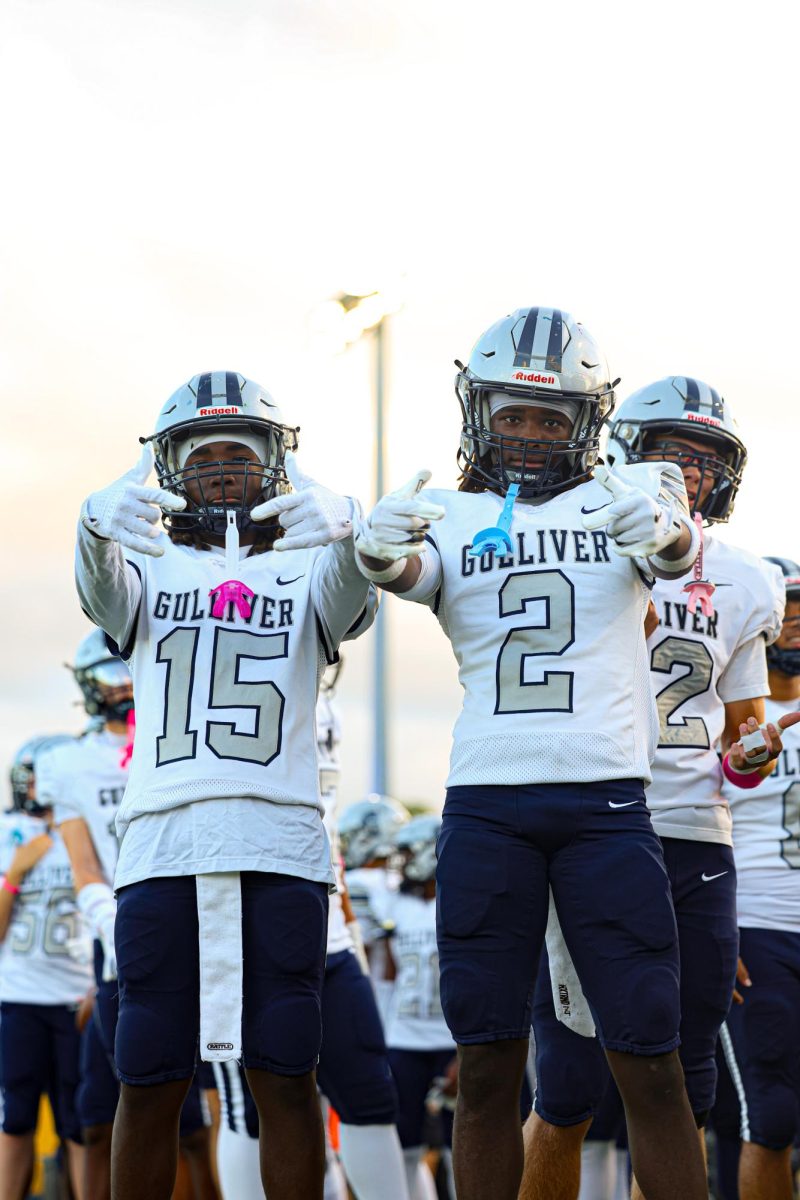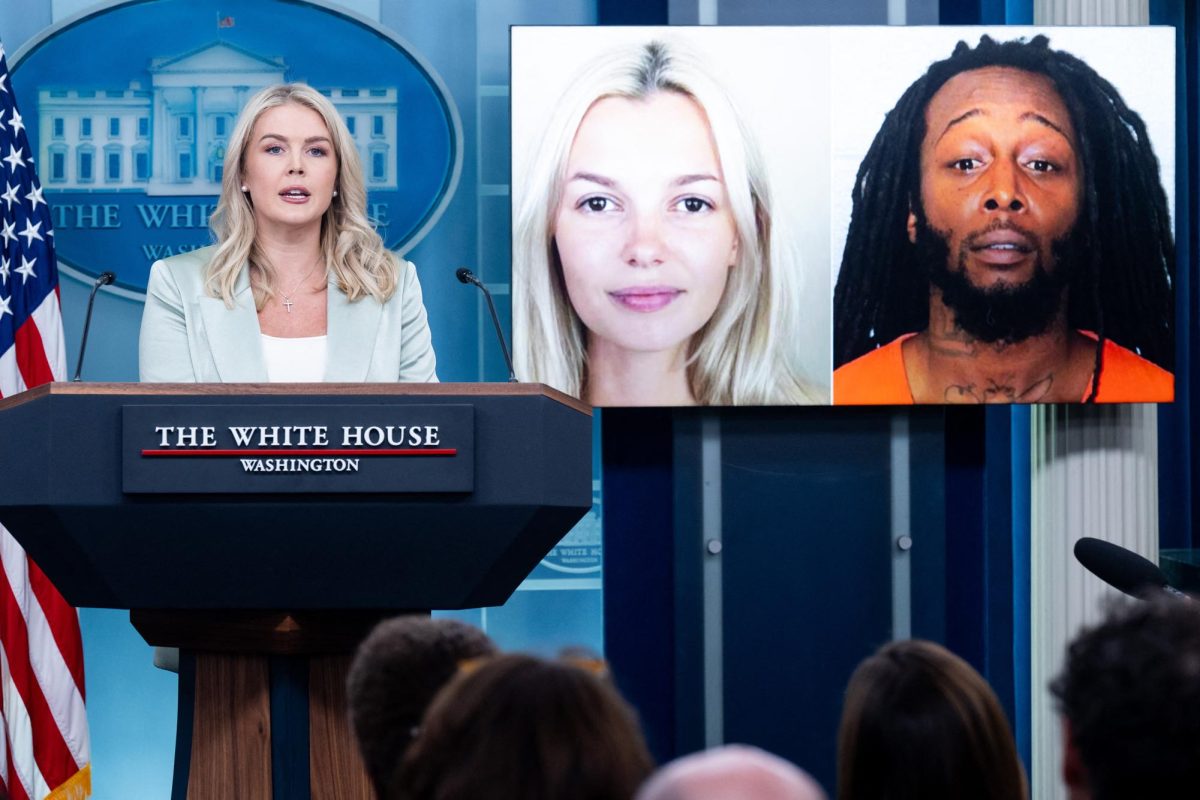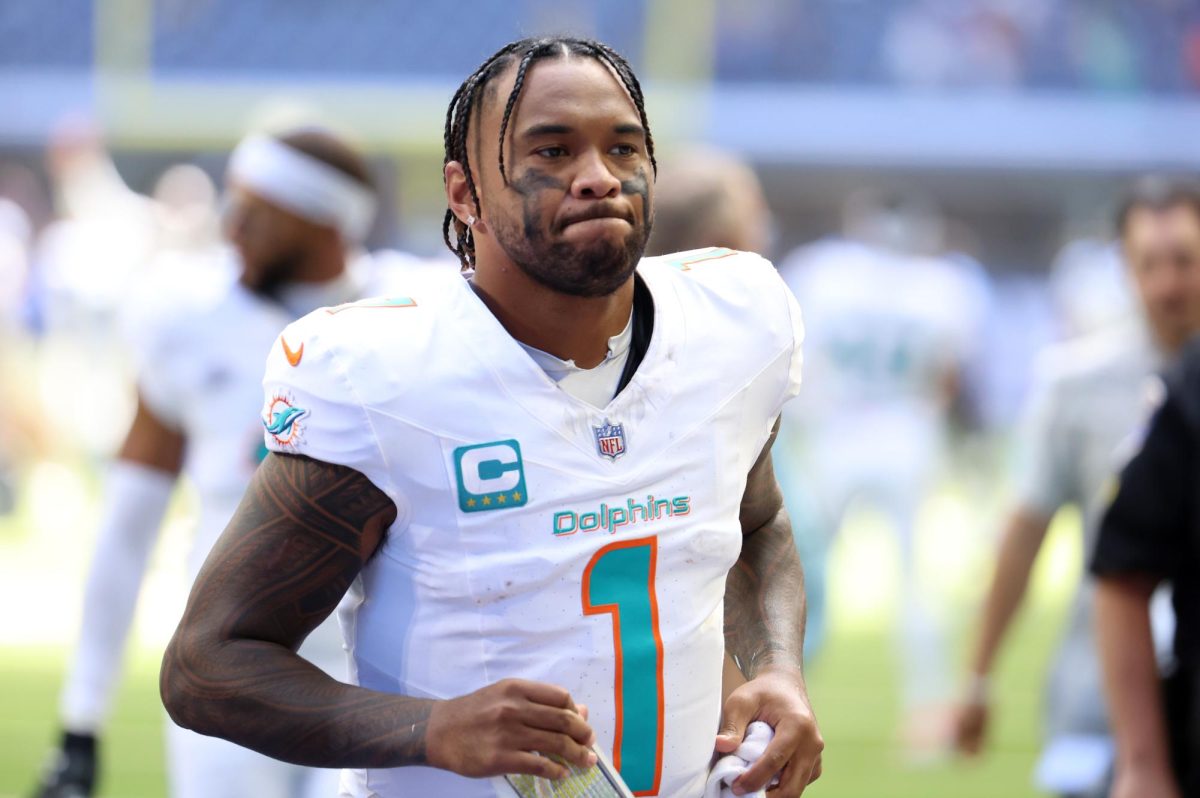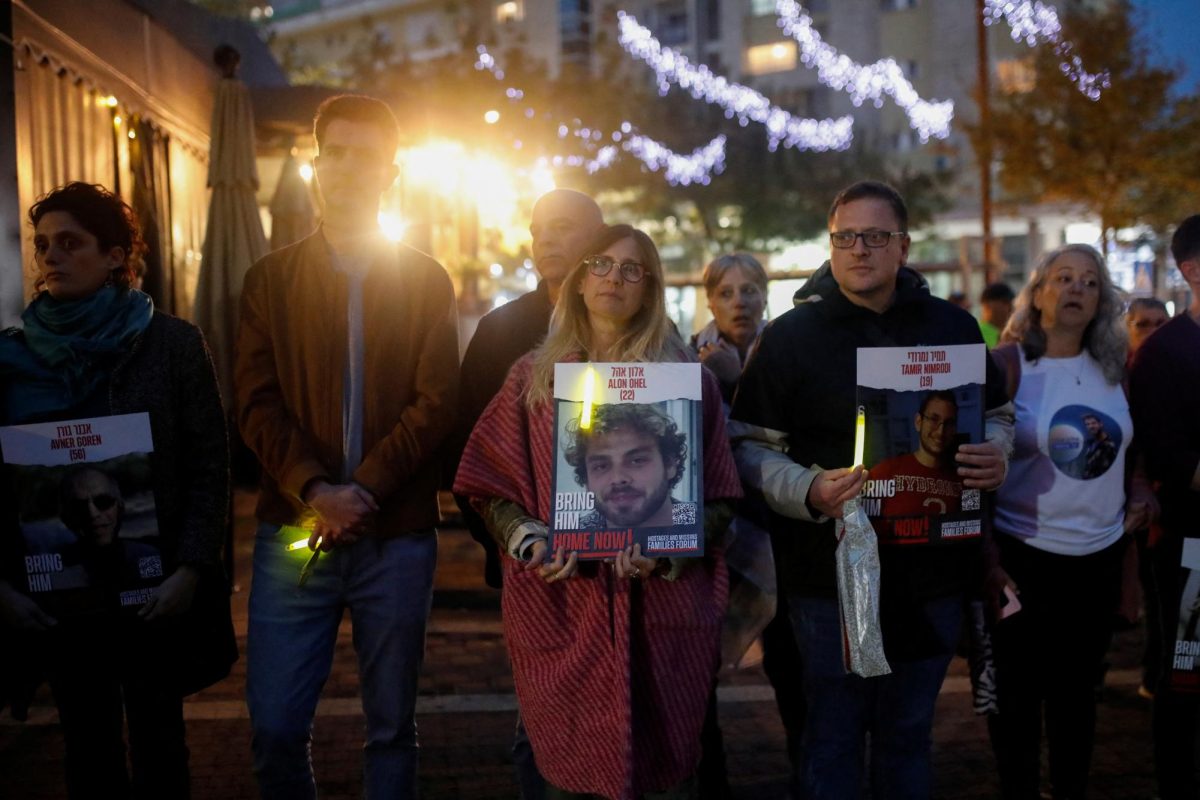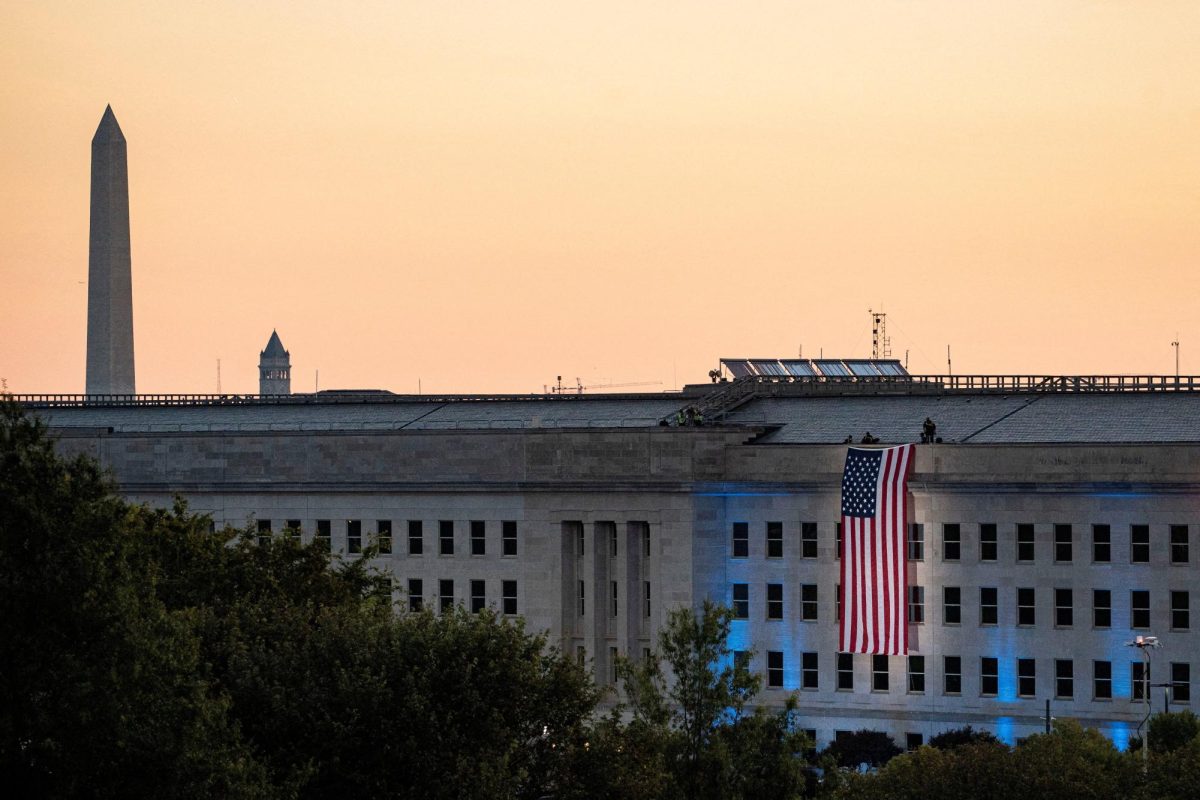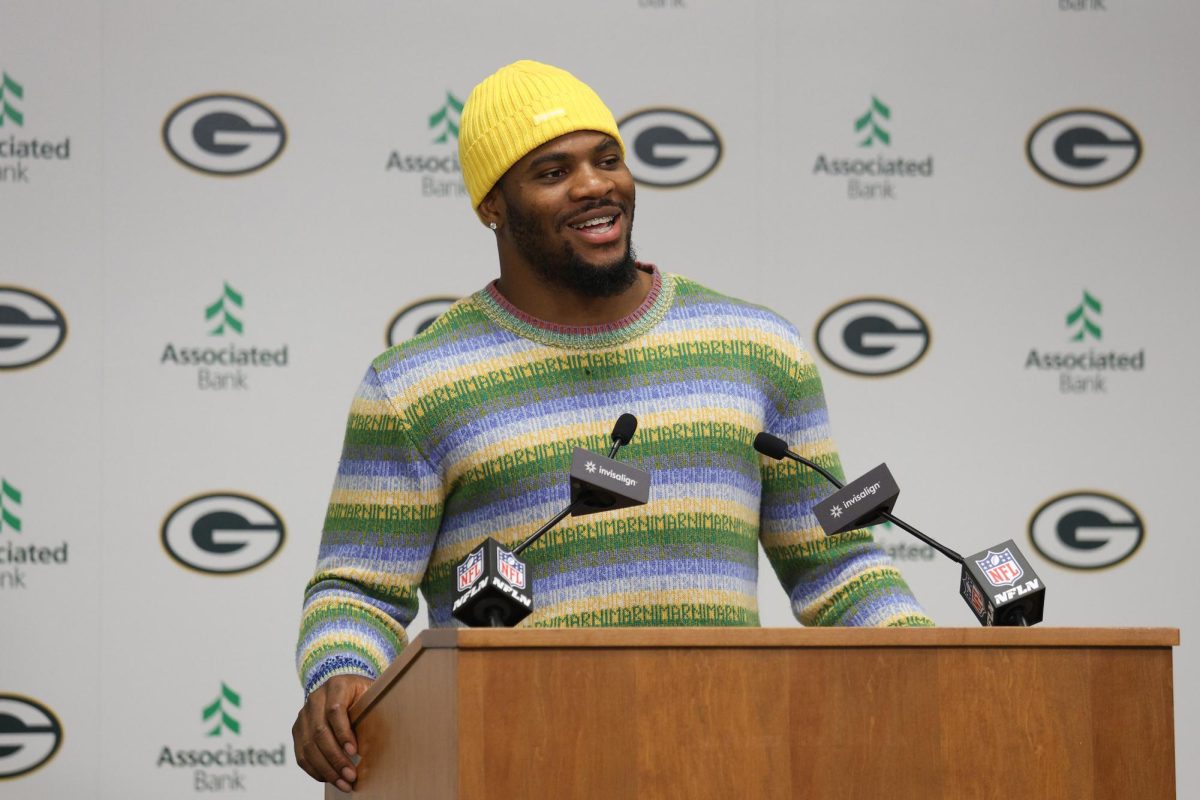It’s disappointing to realize that another debate between former President Donald J. Trump and Vice President Kamala Harris likely won’t happen before Election Day. With less than 10 days until the 60th quadrennial presidential election, a time when undecided voters are looking for clear answers and productive dialogue, the vice presidential debate on Oct. 1 stood out as a rare instance of what civil, meaningful exchanges can be. Despite the high stakes, Minnesota Gov. Tim Walz and Ohio Sen. J.D. Vance demonstrated that respectful and thoughtful debate isn’t just possible—it’s essential.
Though there were moments of tension between Walz and Vance, the debate maintained a level of decorum that is increasingly absent in modern politics. It showed that even in a divided political climate, civil discourse remains crucial. Both candidates showed glimpses of what civil discourse can achieve. In one poignant moment, Walz acknowledged, “I 100% believe that Senator Vance hates it when these kids are in danger—it’s abhorrent, and it breaks your heart,” reflecting empathy and shared humanity when discussing the gun violence epidemic. Similarly, Vance extended a conciliatory note toward his opponent, stating, “if [Tim Walz] is the next vice president, he’ll have my prayers, he’ll have my best wishes, and he’ll have my help whenever he wants it.”
These are two of several examples of how political discourse should function. It’s not about erasing differences but finding ways to engage with them respectfully. Vance’s assertion, “we are going to shake hands after this debate and after this election,” speaks volumes to the spirit of cooperation that democracy requires to function. His acknowledgement of their shared beliefs on gun violence—“I think that Governor Walz and I actually probably agree that we need to do better on this”—shows the potential for bipartisan collaboration, even in these polarized times.
As the election approaches, the lack of a second presidential debate feels like a missed chance for this kind of dialogue at the highest level. The contrast between the productive tone of the vice presidential debate and the potential disorder of another presidential debate is striking. Unfortunately, the rhetoric between Trump and Harris has escalated to a level where meaningful, civil discourse feels unattainable.
The absence of such an important event reinforces the idea that our political landscape is more about soundbites and less about solutions. In a year marked by crises—from the escalating conflict in the Middle East to domestic issues like health care and climate change—Americans deserve more than demagoguery and mudslinging. They deserve the kind of respectful dialogue that was displayed by Vance and Walz on Oct. 1.

